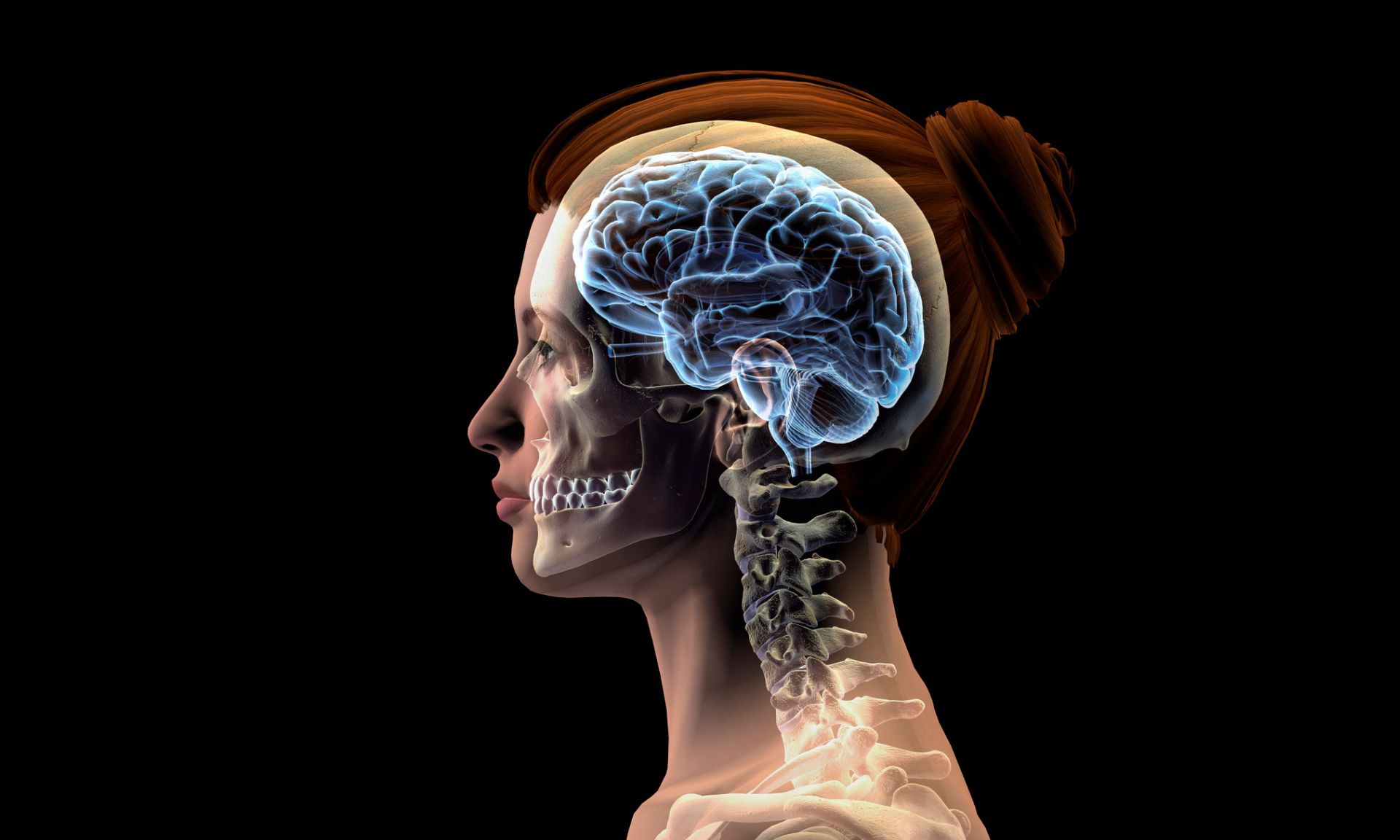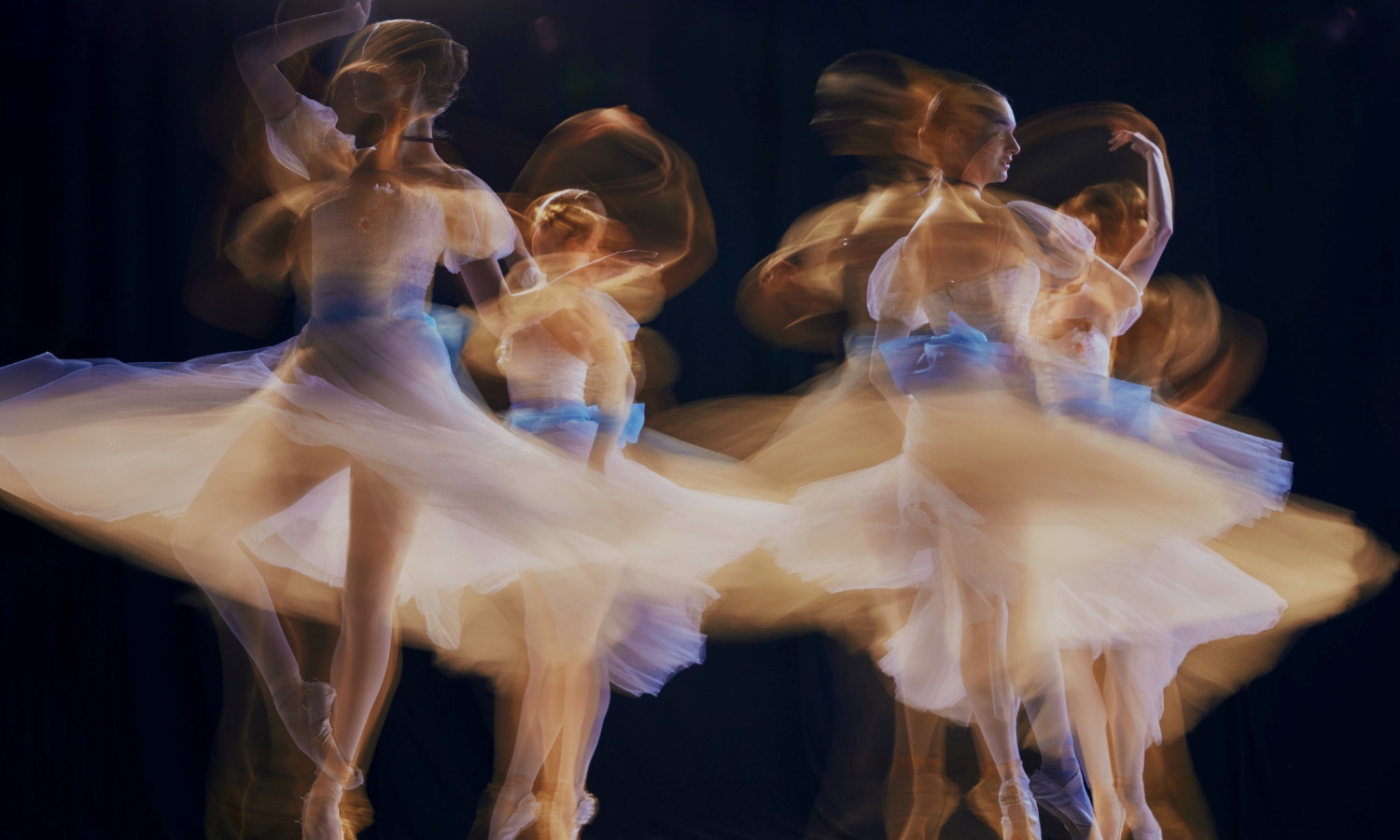What makes a healthy brain?

Countless research projects in neurology focus on brain dysfunction, looking for solutions to diseases such as Alzheimer's. But Ravi Rungta believes that scientists should also focus on healthy brains, on the normal functioning of the cerebral vascular system.
“The brain is made up of systems that activate simultaneously at different scales, from synapses to macroscopic structures,” said Rungta, an assistant professor in Université de Montréal’s Faculty of Dentistry.
“Through brain imaging combined with molecular and cellular observation techniques, we are trying to better understand the brain’s normal activity,” he said of his research team’s investigations.
Rungta has just received an important recognition from the Brain Canada Foundation: a $100,000 grant to help fund his research over the next two years. He is one of 20 young Canadian researchers named to the Foundation’s ‘Azrieli Future Leaders in Brain Research’ list.
“It's a great honour for me to see my work recognized in this way by my peers," said the British Columbia native, who opened his laboratory at UdeM in January 2020. UdeM colleague Janelle Drouin-Ouellet, a neurobiologist specializing in Parkinson’s, was also named to the list.
Rungta has an impressive track record. He’s the author or co-author of 18 scientific articles published in major journals such as Nature Communications, Nature Neuroscience, Cell, the Journal of Neuroscience and Neuron, and regularly attends world conferences on neuroscience.
Cited more than 1,300 times
His work has been cited more than 1,300 times since 2015, earning him an h-index of 14, which is excellent for someone starting out in their career.
No stranger to Montreal, Rungta spent a few years here in the early 2000s, as an undergraduate in physiology at McGill University. He continued his training in neuroscience at the University of British Columbia, where he received his PhD in 2014.
He then did a postdoctoral fellowship at the French research institution Inserm, in Paris, from 2015 to 2019.
“I was very happy to come back to Montreal, where neuroscience research is very well regarded abroad,” said Rungta. “I would say that Montreal is probably the Canadian capital in my field.”
One of the strengths of Université de Montréal is its culture of interdisciplinarity, he stressed. Research partners at UdeM come from a variety of backgrounds, from medicine to biomedical engineering to artificial intelligence, he said.



